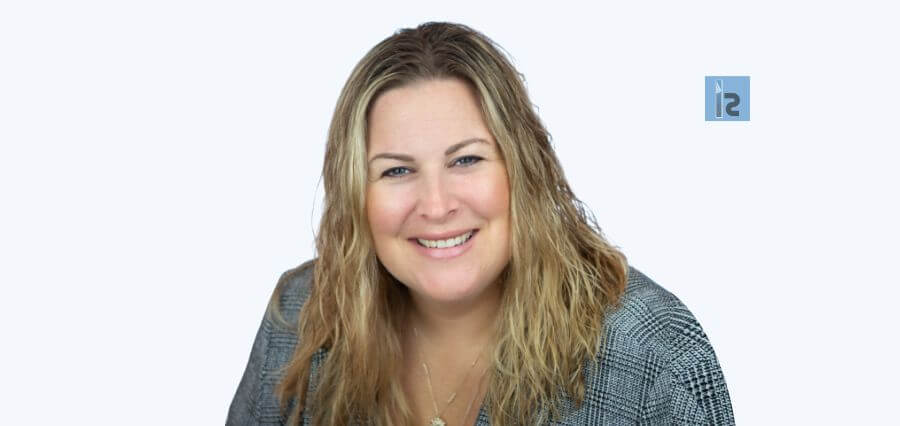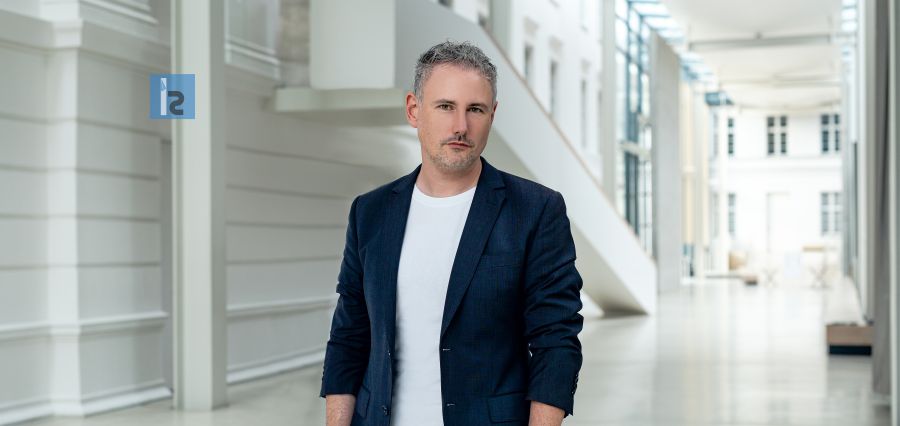For clinical research organizations working in site networks, the biggest challenge is employee engagement. Though salaries matter to most employees, factors such as empowerment, involvement, mentoring, appreciation, promotions, value, and trust are also essential for them.
An unengaged workforce leads to poor staff retention. Thus, motivating, and engaging employees can help reduce that attrition. It further leads to a better patient experience in clinical trials.
Empowering leaders retain a talented workforce by tapping into their staff’s repertoire of skills, talents, as well as their expectations and demands from the organization. They do it by creating a culture, where the entire focus remains on the people, their engagement, and their overall development by building an exceptional workplace.
Alexandra Gerritsen, the President and COO of Artemis Institute for Clinical Research, has always been extremely focused on employee experience throughout her career and has implemented multiple leadership training programs, and mentorship programs, leading to her earlier company receiving the ‘Best Workplace’ award.
In the following interview, she spoke about the importance of creating a people-oriented organizational culture and how she along with her company is doing it.
Alexandra, please give us a brief overview of your journey as the President and COO of Artemis Institute for Clinical Research.
Before I started at Artemis in 2019, I had never worked in clinical research or medicine/healthcare before. My background is in Operations and Technology, working for e-commerce companies, entertainment, and gaming companies, and starting my career as a technology consultant. In 2019, I won an award for Top Technology Executive in San Diego and was introduced to Vishaal, the CEO and founder of Artemis Institute for Clinical Research, who wanted to grow Artemis in a different way.
We thought my background would be a good fit and I started as the VP of Operations in August 2019. Only six months later the COVID-19 pandemic hit, and we had to alter a lot of our plans. My focus was on building a culture and a team that could stay connected and continues to make sure our patients were safe and healthy when they came to our sites.
In October of 2020, I was promoted to President and COO and proudly had a team of people that were highly engaged during the height of the pandemic. The people have continued to remain a core focus for me at Artemis with a goal of creating the most engaged workforce in clinical research resulting in patients that are raving fans of Artemis.
Tell us more about Artemis Institute, its vision, and the key aspects of its stronghold in the Clinical Research Site space.
Artemis has a core purpose of Prioritizing Patients, Advancing Medicine, and Improving the World. Our vision is to have patients that are raving fans of our people and what we do. We have a robust referral program and make sure our patients are always first. We operate according to five core values which are critical to the success of our trials:
- We put our patients first
- We provide excellent Customer Service
- We work as a Team
- We Do the Right Thing
- We value Continuous Improvement
Our culture, our people, and our commitment to operational excellence as well as a living culture of radical transparency have allowed us to be successful in this space.
Considering the example of the COVID-19 pandemic, how do you plan to navigate through similar situations in the future?
When the pandemic hit, we had to make a tough decision to lay off 25% of our workforce in March 2020, it was the hardest decision in my career. We were open and transparent with each team member about the decision we made, and I cried with them when Vishaal and I traveled to each site to tell each team member in person.
We were able to hire some of those people back in the months after which was one of the best days in my career. We also chose to be open and transparent with the entire company and held weekly Town Halls for an entire year to keep the team informed and updated not only on the status of COVID-19 but the status of our team and our studies.
While we didn’t handle things perfectly, we were transparent and created a culture of over-communication that helped us get through the pandemic and come out stronger. Now we have the largest team in Artemis history, and we still do Town Halls every two weeks to continue that transparency. If we were to ever encounter an issue like a global pandemic again, we would be transparent with our team, get their input, and explain the hard decisions.
What efforts did you take during the pandemic to sustain operations and ensure the safety of your team at the same time?
We appointed Brittany Heath, my Director of Operations, as our COVID-19 officer. She comes with 15 plus years of clinical research experience and was the perfect candidate for the role. She kept up to date with CDC guidelines and local and state guidelines, made sure we had enough PPE, and was proactive in ensuring we were taking all the precautions needed to keep our staff and our patients safe.
Due to her leadership, we were able to conduct some patient visits remotely (we had just implemented a new technology called CRIO that allowed for electronic source documentation that makes us capable of performing de-centralized trials). We could not have gone through the pandemic without Brittany’s leadership.
Additionally, Artemis opted in for the Families First Coronavirus Response Act (FFCRA) even though it was optional for us since we were an essential organization. We did this so our employees had extra time off (10 days paid) if they or a family member fell ill. We did not want our employees to suffer financially on top of all the stress of the pandemic. This was a decision our employees really valued and were able to utilize until September 2021.
What is your opinion on the necessity for Clinical Research Sites to leverage technologies like AI and ML in clinical research, especially when catering to the ever-evolving healthcare needs?
Artificial intelligence and machine learning is something we have implemented on the patient recruitment side to improve our success rate with no shows, randomizations in studies, and completions. In general, technology has come a long way in clinical trials due to the pandemic, but there is still a way to go to allow for de-centralized trials and the ability to see patients remotely wherever possible.
As an established industry leader, what would be your advice to the budding entrepreneurs and enthusiasts aspiring to venture into the clinical research site industry?
The clinical research site industry is changing rapidly over the past 5 years, with more consolidation than ever before. Artemis joined the Headlands Research site network in February 2021, through an acquisition, which has allowed for better relationships with sponsors and greater access to clinical research best practices across the country. For those aspiring to get into this industry, this is a great time to partner with groups like Headlands Research, that are focusing on diversity in trials and acquiring the best sites in the country and beyond.
How do you envision further strengthening Artemis Institute’s stronghold in 2022 and beyond?
For Artemis 2021 was really a rebuilding year, we hired all our Site Directors and filled all management positions within the company, which had been open since 2019. Getting these key leaders in place was a critical step to allowing us to continue to grow in 2022.
Our focus in 2022 is operational excellence at all levels, ironing out our training program and expanding into starting memory clinics at both sites -a new service we will offer at no cost to patients, who are concerned about memory loss. Artemis is expanding into Alzheimer’s trials as well, which we believe is an indication that greatly needs the advancement of medicine.
Beyond 2022, we are planning to open at least two more sites by 2025 in California and expand our reach to other communities that will benefit from participating and having access to clinical trials.



















